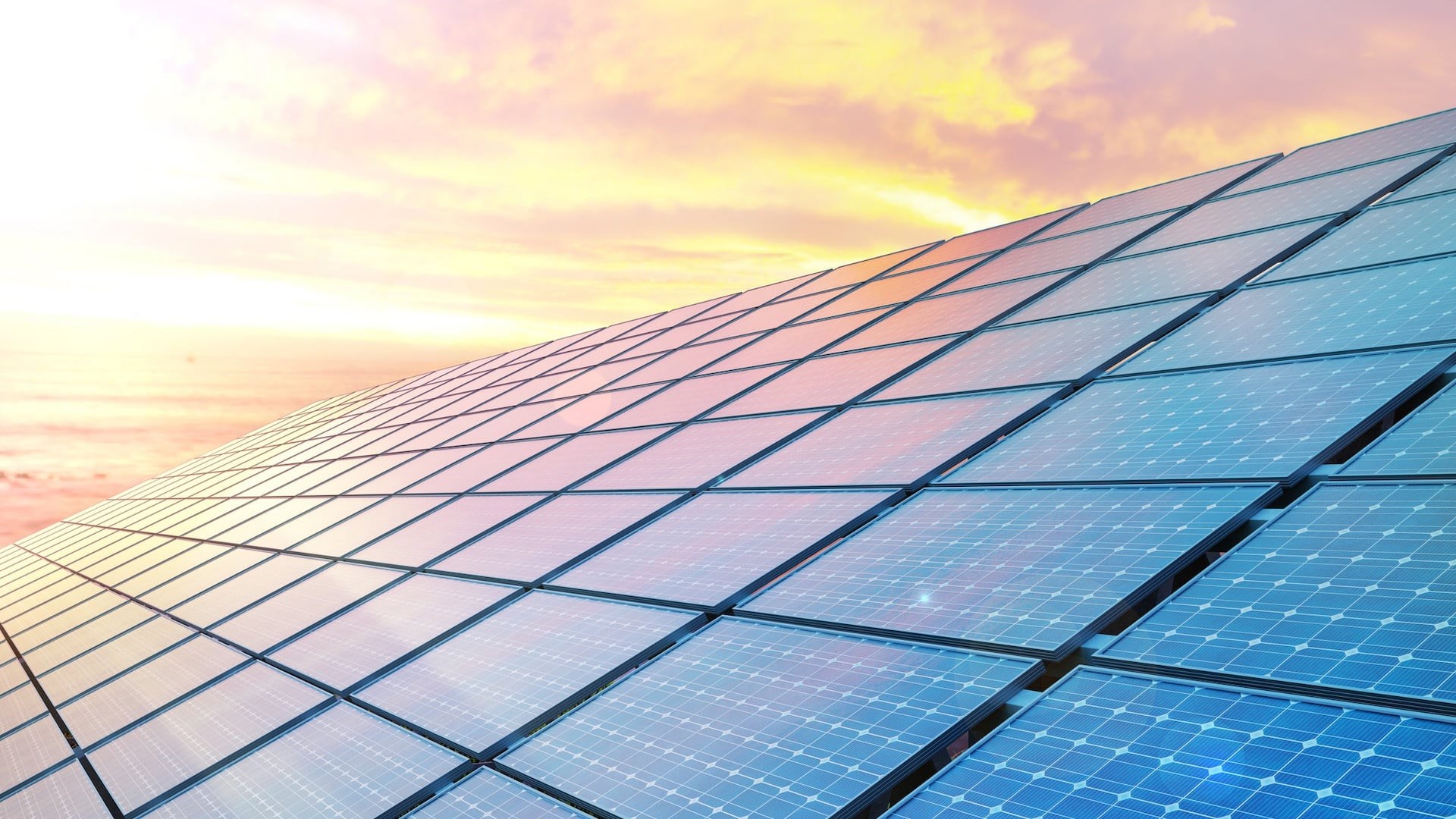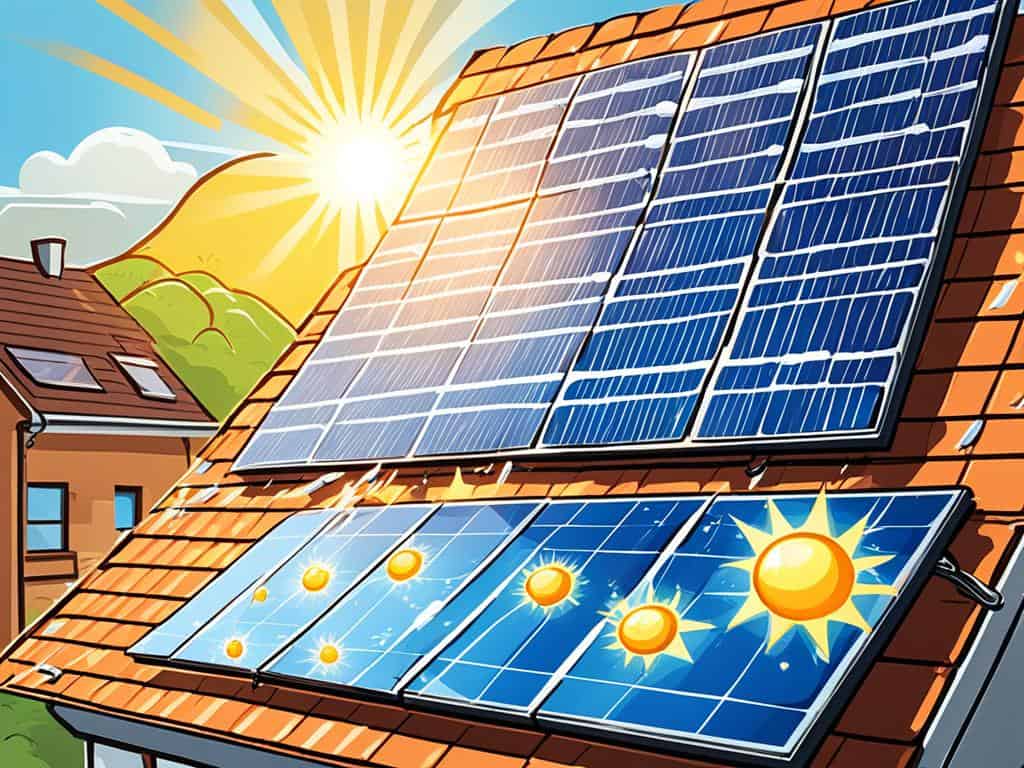Learn how Solar Panels can significantly reduce your electricity bills.
Learn how Solar Panels can significantly reduce your electricity bills.
Blog Article
The Ultimate Overview to Selecting the most effective Solar Panels
Picking the suitable photovoltaic panels is a diverse decision that surpasses plain aesthetics or rate. It entails a mindful examination of different types, consisting of monocrystalline, polycrystalline, and thin-film alternatives, each providing distinct advantages and downsides. Recognizing effectiveness ratings, costs, and installment demands is crucial for making an enlightened option that lines up with your power requirements and budget plan. As the landscape of solar technology proceeds to develop, the implications of your choice can have long lasting effects-- both monetarily and environmentally. What variables should you focus on to ensure optimum performance and sustainability?
Recognizing Photovoltaic Panel Types

Monocrystalline panels are built from a solitary crystal framework, providing high performance and space-saving benefits. They commonly perform well in low-light conditions and have a longer life-span, making them a preferred choice for property installations - Solar Panels. On the other hand, polycrystalline panels make up multiple crystal frameworks, causing a somewhat lower efficiency price. Nevertheless, they are typically a lot more budget-friendly and can be a feasible alternative for larger installations where area is less of a problem.
Thin-film solar panels are made from a variety of products, consisting of cadmium telluride and amorphous silicon. They are light-weight and versatile, permitting special applications, such as combination into structure products. Although they often tend to have lower efficiency prices contrasted to crystalline panels, their installation costs and convenience can make them an eye-catching selection for certain projects.
Understanding these kinds will certainly equip you to make educated decisions based upon your power demands and budget considerations.

Examining Performance Ratings
Examining effectiveness ratings is vital for choosing solar panels that align with your power goals. The efficiency of a solar panel indicates the percent of sunshine exchanged useful electricity. Greater effectiveness scores suggest that panels can generate even more energy in a provided area, making them particularly beneficial for installations with limited space.
Typical solar panel effectiveness range from 15% to over 22%. When comparing options, it is necessary to consider the kind of solar modern technology made use of, as monocrystalline panels normally offer greater performance than polycrystalline panels. Performance is not the sole requirement; aspects such as installation positioning, shielding, and neighborhood climate can dramatically affect overall efficiency.
In addition, recognizing the performance score's effects for power production with time is essential. Greater effectiveness panels may use better returns on investment, particularly in locations with high electricity costs or minimal setup area. Finally, it's recommended to search for panels with a strong efficiency guarantee, as this can give extra assurance of their long life and effectiveness. By thoroughly reviewing efficiency rankings, you can make an informed decision that maximizes your solar energy potential and meets your particular power needs.
Contrasting Expenses and Guarantees
Cost and warranty factors to consider are essential parts in the solar panel option procedure. When reviewing solar panels, the in advance price is a main worry. Rates can differ significantly based on the brand, innovation, and effectiveness ratings of the panels. High-efficiency panels might have a higher initial financial investment but can result in greater lasting financial savings via enhanced power manufacturing. It is vital to evaluate the general value rather than simply the sticker rate.
Service warranties are just as essential, as they provide understanding into the supplier's self-confidence in their product. Many reputable photovoltaic panels included 2 sorts of service warranties: performance and item. Efficiency service warranties commonly ensure a certain output level for 25 years, guaranteeing that the panels will maintain their effectiveness gradually. Product service warranties, on the various other hand, cover flaws and workmanship, usually long-term between 10 to 25 years.
When contrasting prices and warranties, consider the lasting implications of both. A lower-priced panel with a brief warranty may end up being a lot more expensive if performance declines or repair work are needed earlier than anticipated. For that reason, it's crucial to balance preliminary prices with the safety offered by robust guarantee choices.
Installment Considerations

Next, take into consideration the positioning and tilt of the solar panels. Preferably, panels ought to be positioned to maximize sunlight exposure throughout the day. South-facing installments normally produce the highest energy production, yet eastern and west orientations can additionally work relying on your energy needs.
In addition, regional building regulations and regulations should be assessed prior to setup. Permitting needs can differ substantially by location, and compliance is crucial to avoid prospective fines or mandatory eliminations.
Finally, employing a certified professional for installation is vital (Solar Panels). Experienced installers will certainly make sure that the system visit site is correctly positioned, linked, and compliant with all safety standards. This choice can ultimately boost the long life and efficiency of your solar power system, making it a rewarding investment for your renewable resource needs
Upkeep and Long Life
Correct maintenance is necessary for ensuring the longevity and ideal performance of photovoltaic panels. Routine inspections and cleansing are vital elements of this upkeep routine. Dirt, debris, and snow build-up can significantly hinder power production, so it is advisable to clean up Extra resources the panels regularly, ideally every 6 months or after substantial weather events.
In addition, keeping an eye on the system's performance through a solar tracking app or tool enables property owners to identify any decrease in energy output that might suggest issues requiring attention. It's also prudent to look for any kind of signs of wear or damages, such as splits in the panels or deterioration in the wiring. Spending in high-quality photovoltaic panels usually includes longer service warranties, generally varying from 25 to 30 years, which can offer as an indication of their anticipated long life.
Routine expert inspections can better enhance the life expectancy of your solar power system, guaranteeing that any type of possible troubles are resolved promptly (Solar Panels). By adhering to these maintenance techniques, homeowners can take full advantage of not only the effectiveness of their photovoltaic panels yet additionally their return on investment throughout the years, adding to a lasting power future
Final Thought
In verdict, picking the ideal solar panels necessitates an extensive evaluation of different you could try here elements, including panel types, efficiency scores, expenses, and service warranties. Installation factors to consider and recurring maintenance play essential roles in ensuring the longevity and performance of the solar power system.
Report this page